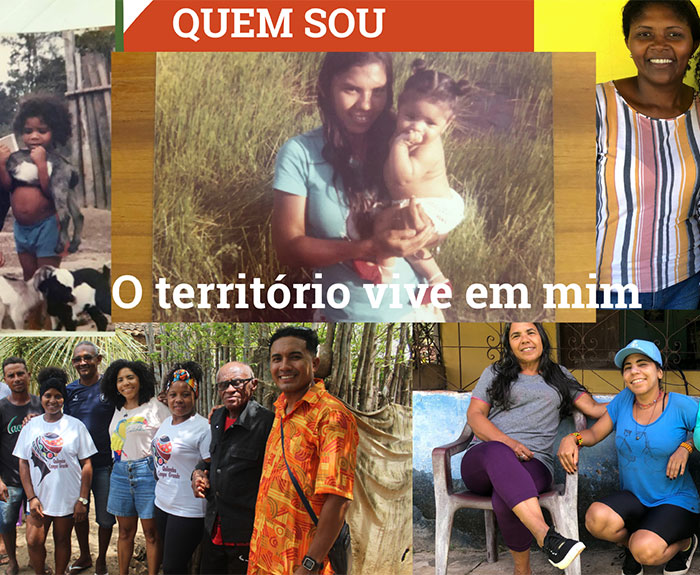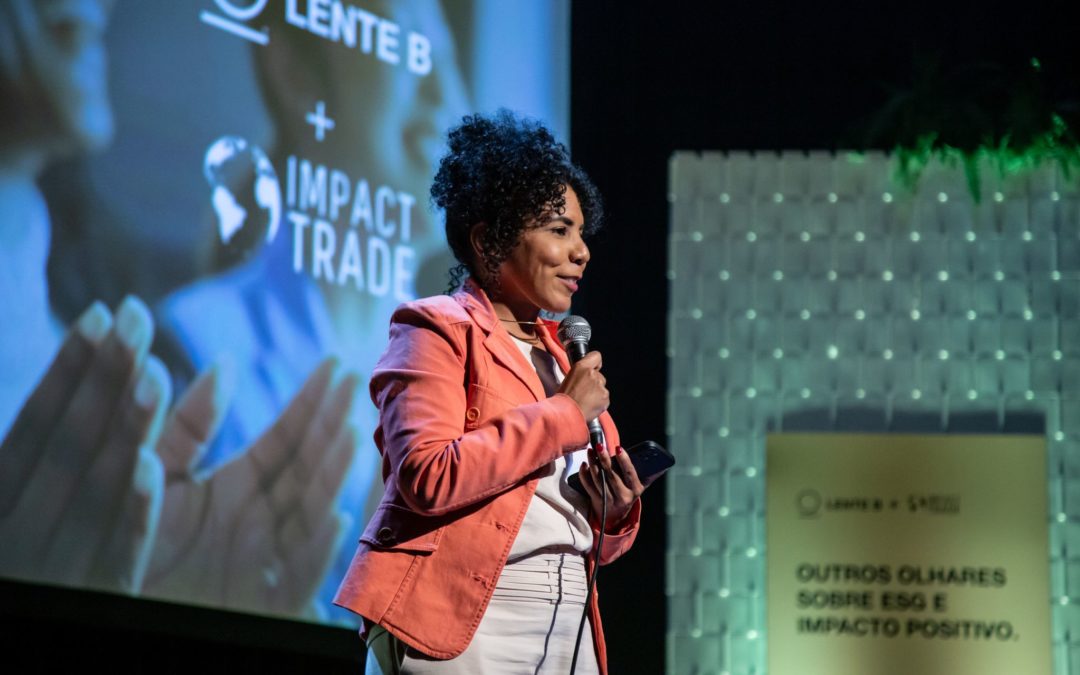This blog post is a translation and adaptation of the original article titled “(In)Justiça Climática para quem?” written by Juliane Sousa, Quilombola Journalist and Communications and Marketing Manager at Sistema B Brasil.
At its core, climate justice is a human rights issue. Without equity and inclusion, without the voices, experience, and leadership of Black women, there can be no true climate justice in Brazil.
Climate change is the ultimate example of intersectionality, magnifying gender, racial, and economic inequalities across Brazil. To see its disproportionate impact in real time, look no further than Black women. Bearing the weight of historical marginalization, they are the most vulnerable to the country’s escalating climate crises.
Whether through devastating floods or prolonged droughts, climate disasters hit hardest in poor areas, including among Quilombola and riverine populations. Families in underrecognized, predominantly Black communities are forced to abandon their homes—and their livelihoods—behind at a moment’s notice. With limited access to resources and living in regions highly susceptible to natural disasters, these women experience environmental racism while wrestling with the uncertainty of what tomorrow holds.
Let’s call it like we see it: environmental policies in Brazil consistently fail to address the specific needs of Black women and women from underrecognized communities. Even more troubling, these women’s vital role in climate resilience efforts is largely overlooked. Despite being directly affected by climate initiatives, they remain excluded from the conversation. Policies are often crafted in isolation, detached from the realities on the ground and without their voices at the decision-making table.
Many women depend on means of income that are almost always affected by environmental despoliation, such as subsistence farming and artisanal production. The current drought in northern Brazil, for example, has laid waste to the harvest season, leaving women and their families in an even more precarious position. These hardships are not happenstance; they are a direct result of deep-seated social injustices.
Brazilian society is built upon racist structures where violations of fundamental rights run rampant, further exacerbating the effects of climate change on women. Rather than remaining trapped in a vicious cycle of vulnerability, they should be at the helm of decision-making, actively shaping strategies to mitigate climate change. Their voices and needs must be prioritized. To effect meaningful change, companies, governments, and civil society must work together to ensure that gender and racial equity are at the core of public policy development.
Initiatives such as Sistema B Brasil’s Pretas B Collective prove that it is possible to champion an environment where decision-making is more inclusive and representative. Empowering women and amplifying their voices and perspectives is a direct contribution toward a more just and sustainable country. Certified B Corporations play a key role in this transformation. With a heightened commitment to social and environmental responsibility, their business practices channel financial resources into economically vulnerable communities while promoting climate adaptation strategies and training programs—especially for women—so they can actively fight environmental crises.
At its core, climate justice is a human rights issue. Without equity and inclusion, without the voices, experience, and leadership of Black women, there can be no true climate justice in Brazil.




